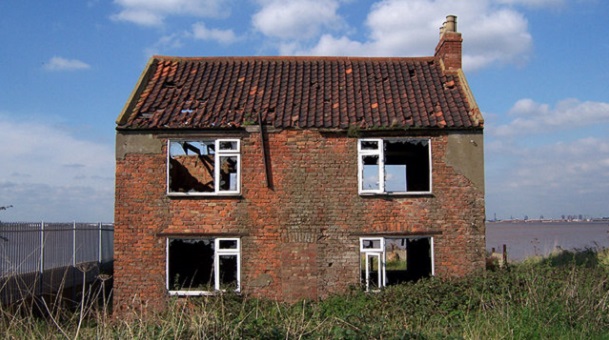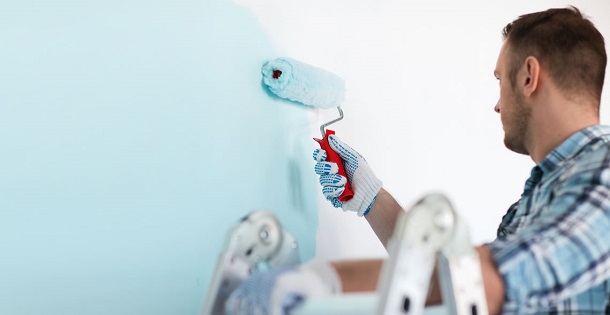
Buying a new property is an exciting time, and once you have found your dream home and begun the buying process, the last thing you want is a home survey report uncovering issues.
It can often be frustrating after spending time searching for the perfect property, to have a survey reveal underlying issues that you were not aware of. Many buyers will walk away after a bad survey and begin the property hunt all over again, but there might be some other solutions. This guide covers what to do if your home survey uncovers issues, what your options are and some handy tips to help you through the process.
Getting your home survey report back
The whole point of getting a Homebuyers Survey is to give you an independent review of the property’s condition, to prevent you buying a home that could cause you expensive problems further down the line. When you get a survey back that shows issues with the property, it is important to remember that you are now in the best possible position, as you have not yet purchased the property and have some options available to you.
You should thoroughly read the entire report when you receive it back from the surveyor, and these reports are written in plain English and use an easy to understand colour coding system to highlight any issues:
- Green means that there are no major issues, and the property can be cared for using normal maintenance
- Orange means that the surveyor recommends further investigations into some areas
- Red means that there are some serious or urgent repairs needed to the property.
You might be hoping that your survey comes back clean with no issues at all, however problems can frequently arise with older boilers and central heating installations. Boiler experts like Warmable.co.uk can provide free online boiler quotes or speak with them for advice and recommendations if a boiler repair or replacement is required.
Speak to your surveyor
Once you receive a home survey report that has uncovered issues in the property, it is worthwhile speaking with your surveyor and asking them to go over their findings with you. This will give you the chance to thoroughly understand the defects that were found and ask any questions you might have.
If there is anything in the report that has been marked as needing further investigation, then your surveyor will be able to talk you through their concerns and explain why they feel a more detailed investigation needs to be done.
Your surveyor should discuss the results of the report with you and answer any questions you may have at no extra cost. Some surveyors may agree to visit the property again with you and show you their findings in person.
Get an expert’s opinion
Once you have discussed the report with your surveyor and have a good understanding of the issues that have been found, it can be worth contacting a professional to get a second opinion. You can find a specialist builder or tradesman to visit the property and give their own opinion on the defect.
They should be able to provide you with more information on the problem, such as how severe it really is and how long it would take to repair. It is also a good idea to find out the cost of repairing the problem. Get at least two quotes from professionals so that you can compare the cost and scope, and always get these quotes from tradespeople that are impartial. You should also find out if the repairs will need to be completed urgently or if they can be done over time, giving you the chance to save up and pay for them later.
Getting a second opinion on issues that arise in a home survey report is always advised. This may either give you reassurance that the property isn’t in too bad a state or will confirm that the issues are really problematic. Either way, you will have the knowledge of a specialist to help make your final decision.
Negotiating your offer with the seller
After a home survey report uncovers issues that you were not previously aware of when you made your offer, you could renegotiate your initial offer with the seller. If the repairs to the home are going to be costly, then you can negotiate a lower price to deduct these costs.
You could also ask the seller to complete the repairs before you buy the property, and then keep your initial offer as they will be paying the maintenance fees. Some sellers may not be willing to renegotiate, especially if you are buying a property in an area where properties are in high demand.
Your final deal with the seller should ultimately come down to whether you can reasonably afford the property and the repairs that need to take place, and whether you are willing to handle the hassle of the repairs yourself.






